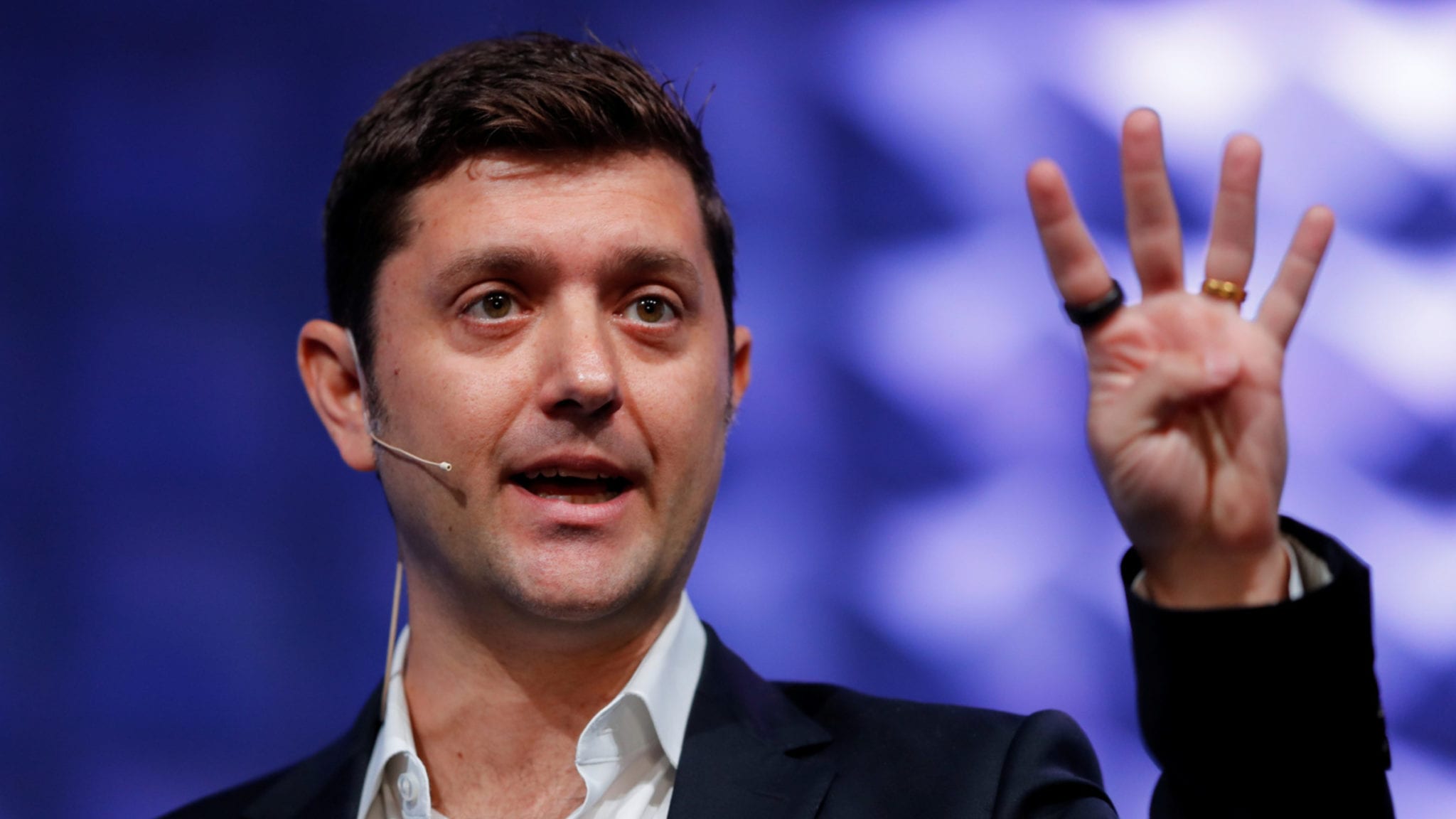
Jason Kelly, Gingko Bioworks CEO (Mike Blake/Reuters via Adobe)
Exclusive: Eyeing big Covid-19 testing expansion, Ginkgo rolls out 50M rapid antigen diagnostics
In what they hope will be a key part of an extensive effort to boost Covid-19 testing in the US, Ginkgo Bioworks is acquiring and …
Sign up to read this article for free.
Get free access to a limited number of articles, plus choose newsletters to get straight to your inbox.